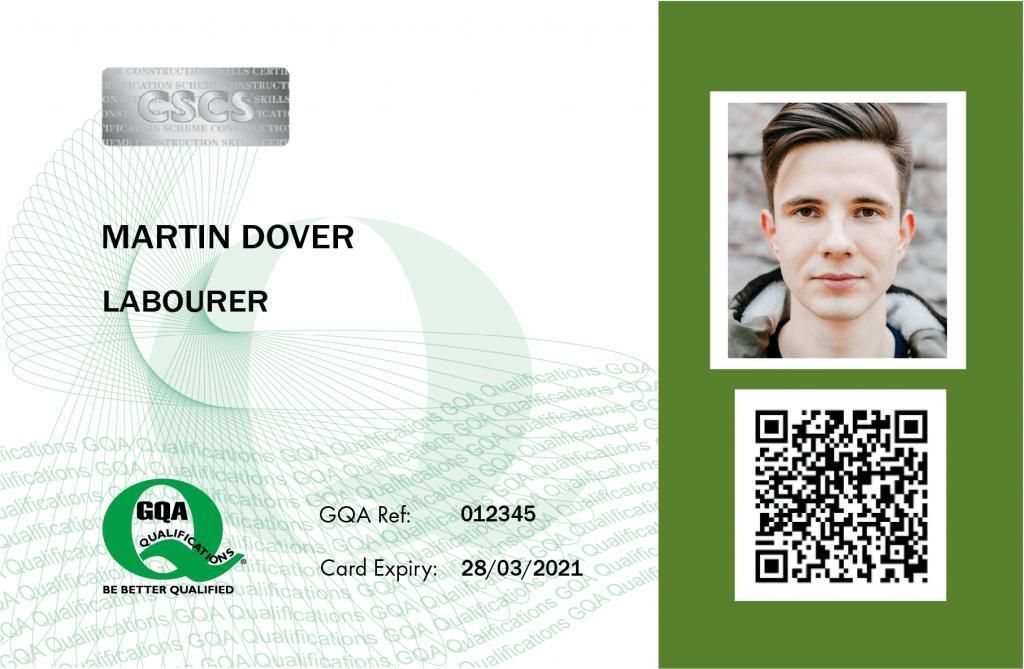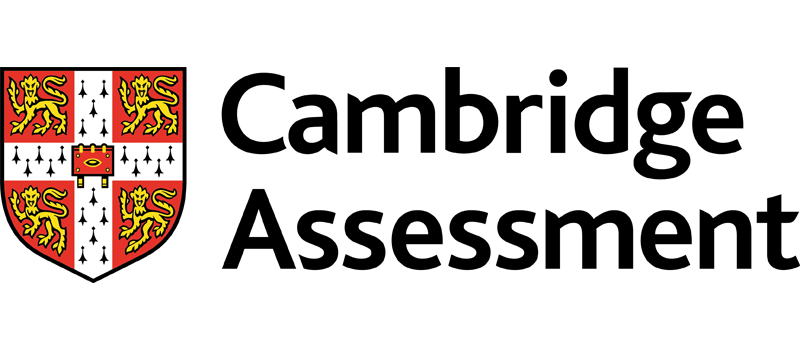
Creative Problem Solving, Decision Making, Communication Skills and Managing Stress @Work
Course ID: 2507144501115EGI
Course Dates : 14/07/25 Course Duration : 5 Studying Day/s Course Location: Istanbul, Turkey
Language: Bilingual
Course Category: Professional and CPD Training Programs
Course Subcategories: Communication and Interpersonal Skills
Course Certified By: * Projacs Academy
* Professional Training and CPD Programs
Certification Will Be Issued From :
KSA
Course Fees: £3,424.06
Vat Not Included in the price. VAT may vary depending on the country where the course or workshop is held.
Click to Pay
Date has passed please contact us Sales@e-s-hub.com
Course Information
Introduction
In the dynamic landscape of modern workplaces, professionals are increasingly required to navigate complex challenges while maintaining productivity and fostering collaboration. The ability to solve problems creatively, make informed decisions, communicate effectively, and manage stress is no longer optional but essential for success. These competencies form the backbone of high-performing teams and resilient organizations, enabling individuals to adapt to rapid changes and deliver value consistently. Rooted in frameworks such as Design Thinking, Emotional Intelligence (EI), and Cognitive Behavioral Theory, this course offers a comprehensive approach to developing these critical skills.
One of the most pervasive challenges in contemporary work environments is the gap between theoretical knowledge and practical application. Many professionals possess technical expertise but struggle to apply it strategically when faced with ambiguity or pressure. For instance, a project manager might excel at planning but falter when unexpected obstacles arise, leading to delays or team frustration. Similarly, communication breakdowns often result in misunderstandings that undermine efficiency and morale. This course addresses these gaps by equipping participants with actionable tools and techniques grounded in evidence-based practices.
The benefits of mastering creative problem-solving, decision-making, communication, and stress management extend beyond individual growth to organizational impact. Teams led by individuals who can think critically and act decisively are better positioned to innovate and compete in their respective markets. Moreover, effective communication fosters trust and alignment, reducing conflicts and enhancing collaboration. Consider the case of a global tech company that implemented structured problem-solving workshops; within six months, they reported a 20% increase in project completion rates and a significant improvement in employee satisfaction scores.
Stress management is another cornerstone of this course, addressing a growing concern in today’s fast-paced work culture. Chronic stress not only affects mental health but also impairs cognitive functions like memory and judgment, which are crucial for decision-making. Drawing on principles from Positive Psychology and Mindfulness-Based Stress Reduction (MBSR), the course provides strategies to build resilience and maintain well-being even under demanding circumstances. A notable example comes from a healthcare organization where staff trained in stress management techniques experienced reduced burnout rates and improved patient care outcomes.
Real-world applications further underscore the relevance of this course. Imagine a marketing executive tasked with launching a campaign amidst shifting consumer preferences. By leveraging creative problem-solving methods, she identifies innovative ways to engage her audience. Simultaneously, strong communication skills ensure her ideas resonate with stakeholders, while stress management techniques help her stay focused during tight deadlines. Such scenarios highlight how integrating these competencies can drive both personal and professional success.
Ultimately, this course is designed to empower participants to thrive in an ever-evolving professional ecosystem. Whether you’re leading a team, managing projects, or seeking to enhance your interpersonal effectiveness, the skills covered here will equip you to meet challenges head-on and seize opportunities confidently. Through a blend of theory, practice, and reflection, attendees will emerge with a robust toolkit to elevate their performance and contribute meaningfully to their organizations.
Objectives
By attending this course, participants will be able to:
Analyze complex problems using structured methodologies such as root cause analysis and design thinking.
Evaluate alternative solutions based on feasibility, impact, and alignment with organizational goals.
Design clear and persuasive communication strategies tailored to diverse audiences and contexts.
Implement stress management techniques, including mindfulness and time prioritization, to enhance personal resilience.
Apply decision-making models, such as SWOT analysis and cost-benefit evaluation, to achieve optimal outcomes.
Synthesize feedback from peers and stakeholders to refine problem-solving approaches and communication styles.
Reflect on personal strengths and areas for growth to foster continuous professional development.
Who Should Attend?
This course is ideal for:
HR managers seeking to improve conflict resolution and employee engagement initiatives.
Team leaders aiming to enhance group dynamics and decision-making processes.
Consultants and project managers requiring advanced problem-solving and client communication skills.
Educators and trainers interested in incorporating creative methodologies into their teaching practices.
These groups will find the course valuable as it directly addresses the need for adaptable, solution-oriented professionals capable of thriving in collaborative settings. While beginners will gain foundational insights, intermediate learners will benefit from advanced applications, making the course suitable for a wide range of experience levels.
Training Method
• Pre-assessment
• Live group instruction
• Use of real-world examples, case studies and exercises
• Interactive participation and discussion
• Power point presentation, LCD and flip chart
• Group activities and tests
• Each participant receives a 7” Tablet containing a copy of the presentation, slides and handouts
• Post-assessment
Program Support
This program is supported by:
* Interactive discussions
* Role-play
* Case studies and highlight the techniques available to the participants.
Daily Agenda
The course agenda will be as follows:
• Technical Session 08.30-10.00 am
• Coffee Break 10.00-10.15 am
• Technical Session 10.15-12.15 noon
• Coffee Break 12.15-12.45 pm
• Technical Session 12.45-02.30 pm
• Course Ends 02.30 pm
Course Outlines
Foundations of Creative Problem Solving
Understanding the problem-solving process: Identifying, defining, and framing challenges.
Introduction to design thinking: Empathy mapping and ideation techniques.
Tools for brainstorming and generating innovative solutions.
Case study analysis: Successful implementation of creative problem-solving in business.
Day 2:
Effective Decision Making
Overview of decision-making models: Rational vs. intuitive approaches.
Applying SWOT analysis and cost-benefit evaluations to real-world scenarios.
Managing biases and heuristics in decision-making.
Group activity: Collaborative decision-making simulation.
Day 3:
Mastering Communication Skills
Principles of effective verbal and non-verbal communication.
Tailoring messages for different audiences and contexts.
Active listening and empathy-building exercises.
Overcoming barriers to communication: Conflict resolution strategies.
Day 4:
Managing Stress and Building Resilience
Understanding the physiological and psychological effects of stress.
Techniques for mindfulness, relaxation, and emotional regulation.
Time management strategies to reduce workload-related stress.
Developing a personalized stress management plan.
Day 5:
Integrating Skills for Workplace Success
Combining problem-solving, decision-making, and communication in practice.
Role-playing scenarios: Applying learned skills to simulated workplace challenges.
Feedback sessions: Peer reviews and self-assessment.
Creating an action plan for ongoing skill development.



















































